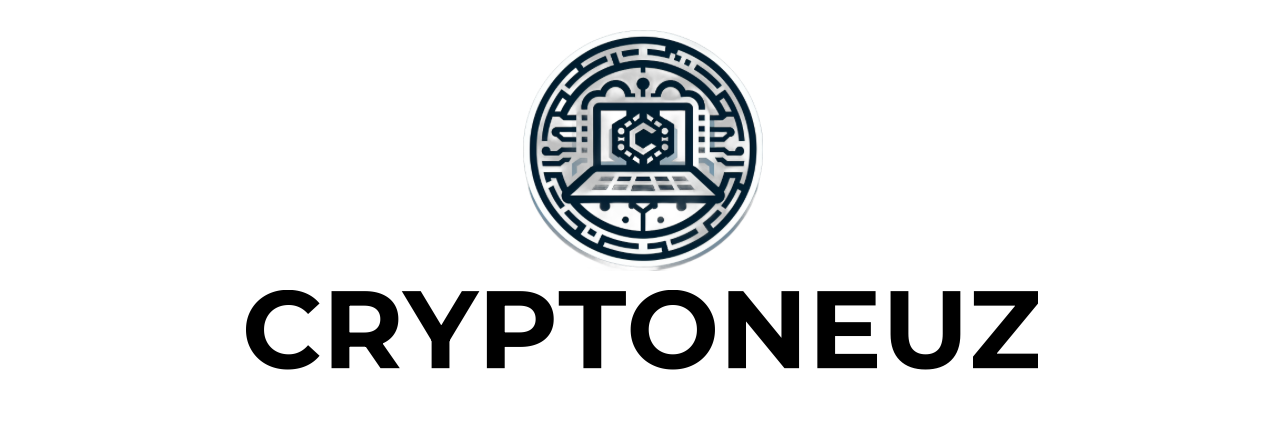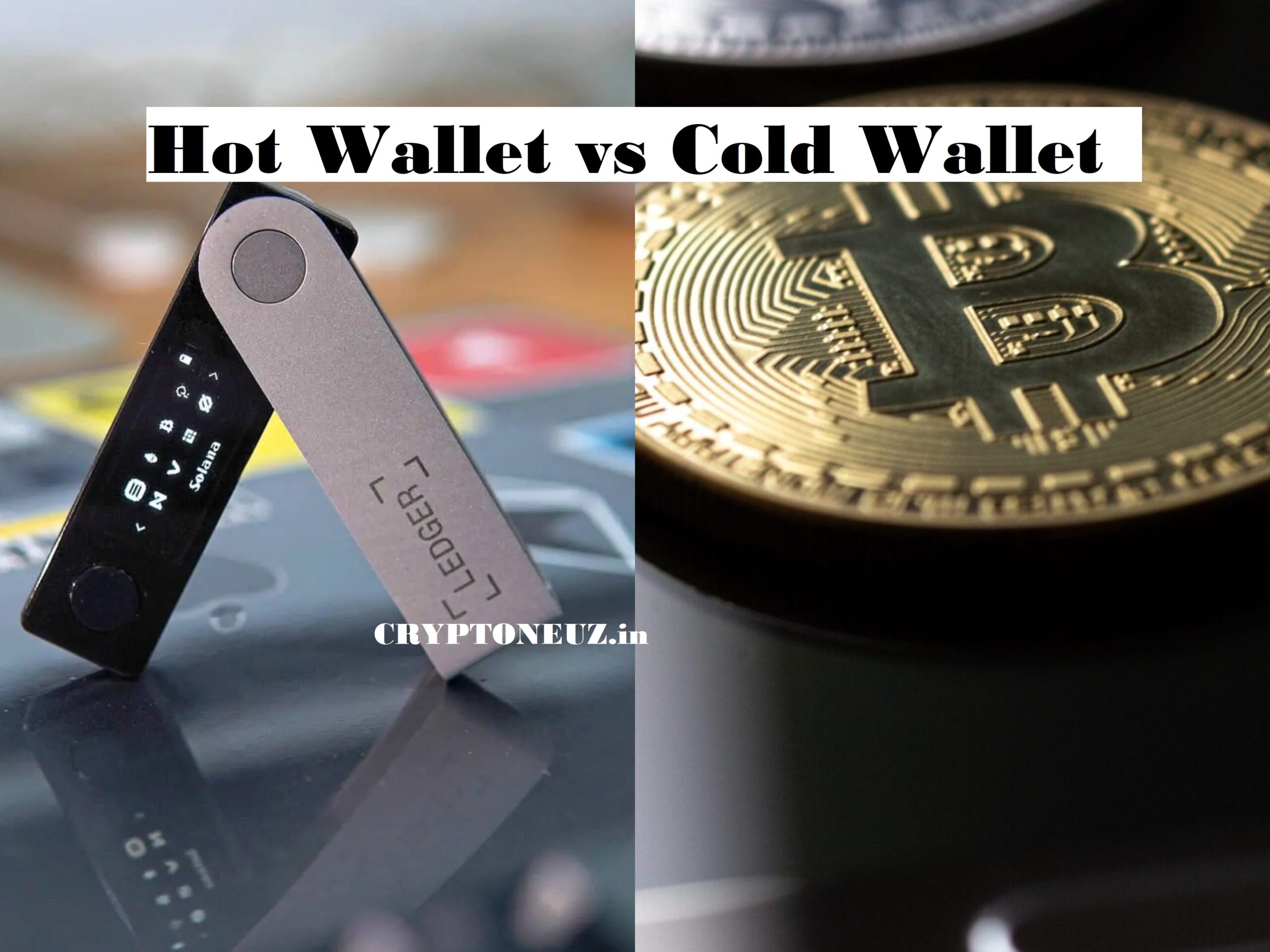Hot Wallet vs Cold Wallet: Basic Concepts and Differences
Safeguarding your digital assets is critical in the era of cryptocurrency. Your partners in this are hot and cold wallets; each has certain characteristics and weaknesses that are tailored to its intended use. To assist you in choosing the right cryptocurrency wallet for you, this article examines both types, weighing the pros and cons of each. To maintain their assets, anyone trading Decentralized Finance (DeFi) assets or Non-Fungible Tokens (NFTs) or making cryptocurrency investments would need a crypto wallet. Crypto wallets, as opposed to conventional wallets, let users carry out blockchain-based smart contracts.
Let us take a closer look at each wallet in this Hot Wallet vs Cold Wallet review.
What are Crypto Wallets?
Crypto wallets are physical or software-based devices that hold all the keys that cryptocurrency owners require to manage their assets and access their specific blockchain network. These wallets, together with the keys inside, are essential to being able to store and move cryptocurrency, unlike wallets that keep actual money. Owners of cryptocurrencies receive public and private keys upon wallet registration, as they are digital assets that are exclusive to blockchain technology. These serve as identification cards that owners can use to access their assets and serve as evidence of ownership for the cryptocurrency coins.
The purpose of cryptocurrency wallets is to hold your private key so you can always access your cryptocurrency. You may transmit, receive, and spend cryptocurrencies like Ethereum and Bitcoin using them as well.
Crypto wallets enable you to transmit and receive cryptocurrencies like Bitcoin and Ethereum while protecting and keeping your private keys—the passwords that grant you access to your cryptocurrency holdings—accessible.
Thus, it is crucial that the keys be kept secure and that the cryptocurrency wallets be properly maintained and safeguarded. The Winklevoss twins, who are regarded as the co-founders of Facebook and the first billionaires on Bitcoin, are well-known for printing their private keys and keeping fragments of them in different safety deposit boxes around the country.
What is a Hot Wallet?
Private keys, which are the ownership documentation that each and every owner receives when they buy bitcoin, are stored digitally using hot wallets, which are a common option for cryptocurrency owners. Hot wallets are always online since they are a sort of software that is hosted online. Users may easily access, manage, and transfer their assets with hot wallets, which are designed with ease in mind. However, the wallets are also easily attacked because they are continually online. Because of this, it is very important for users using hot wallets to take extra security precautions, like employing strong passwords, to safeguard their wallets, keys, and cryptocurrency.
For mobile and frequent cryptocurrency traders, hot wallets like Exodus, Trust Wallet, Coinbase Wallet, and Metamask are the most practical.

Types of Hot Wallets
Different kinds of hot wallets exist:
- Mobile Wallets: a smartphone app that enables you manage your assets while on the go and holds cryptocurrency keys. Convenience and reasonably strong security elements, such biometric authentication, are combined in mobile wallets. They might, however, be in danger if the phone is misplaced, taken, or infiltrated by rogue applications.
- Web-based Wallets, also known as online wallets, are services offered by websites that hold your private keys for cryptocurrencies on their computers. Because the keys are kept online and are under the control of a third party, it provides the greatest degree of ease and can be accessed from any internet-connected device. On the other hand, it also makes it the most susceptible to online threats, phishing attempts, and hackers.
- Desktop Wallets: a computer program that keeps the private keys to your cryptocurrencies on your workstation. It lets you handle your cryptocurrency assets right from your desktop and strikes a compromise between ease of use and security. Even though they are safer than online wallets, they can still be attacked if a machine is linked to the internet or has malware on it.
Pros of Hot Wallets
- Accessibility: Practical for daily, fast transactions.
- User-friendly: Simple to use and suitable for novices.
Cons and Drawbacks of Hot Wallets
- Security Risks: Phishing schemes and hacking attacks can target hot wallets.
- Maintenance: To protect against online dangers, strict security procedures and frequent updates are required.
- Dependency on Devices: Losing your device might make access difficult, and recovery takes time.
What is a Cold Wallet/Hardware Wallet?
So, what is the difference between a hot and hard wallet, and what is a hard wallet? The primary point to note is that hardware wallets, often known as hard wallets, are tangible rather than digital. These could be gadgets that resemble USB drives, for instance. They also serve as evidence of ownership for cryptocurrency assets by storing a user’s private keys. Users can execute smart contracts across blockchains and authenticate cryptocurrency transactions with the use of hard wallets.
Hardware wallets also enable users to use several blockchain addresses. This is important because it enables users to only authorise transactions with particular blockchains that contain the assets they want to transfer, and to keep their various crypto assets separate but accessible through a single site. Although they are less practical than hot wallets, cold wallets provide better security, which makes them the best option for long-term users. Trezor and Ledger are two well-known brands of hardware cold wallets.
Though the hardware for cryptocurrency wallets keeps keys apart from exchanges, these devices could still be vulnerable because of Web3 interaction. Hard wallets could therefore still be vulnerable to hackers. Inadvertently signing fraudulent smart contracts that transfer assets to a hacker is one way that these wallets could be used.

Types of Cold Wallet Types
- Physical Wallets – A physical wallet that safely saves your bitcoin private keys offline is called a hardware wallet. By keeping the keys out of reach of internet-connected devices and potential online threats, they provide increased protection. The wallet can be used to conduct transactions by connecting it to a computer or smartphone. To increase security, transactions frequently need physical confirmation on the device.
- Paper Wallets – Another kind of cold wallet is a paper wallet, in which the private and public keys are either printed or handwritten on paper. Offline, away from digital dangers, is a safe place to put your keys. These keys need to be manually input or scanned from the paper in order to use or transfer the cryptocurrency.
Pros of Cold Wallet
- Security: Your assets are protected from online dangers because the wallet is offline.
- Ideal for long-term savers, particularly those with substantial holdings.
Cons of Cold Wallets
- Accessibility: For day traders, this isn’t the most practical choice
- Physical risks like theft, damage, or simply losing it; the real world is full of dangers, and recovery may not be easy or even possible.
Related: Top Differences between Web2 and Web3: Full Review
Hot Wallet vs Cold Wallet: The Differences
Since there are various kinds of cryptocurrency wallets, selecting the ideal wallet for a user requires knowing how each one differs and functions. The simplest way to describe cryptocurrency wallets is to realize that they fall into two categories: hard wallets, also known as cold wallets, and hot wallets. Since they are constantly online and only rely on digital means, the first group is far more susceptible to phishing and hacking attempts.
However, because hardware wallets—of which cold wallets are a subcategory—are tangible and reside offline in the real world, it is far more difficult for hostile actors to assault them. Naturally, the list of features for each kind of wallet is far more extensive, so cryptocurrency users should research their options carefully before deciding which wallet best meets their needs.
Some consumers, for instance, prefer the ease of hot wallets, which can be easily accessed from any device because they are digital. More experienced users, however, may choose cold wallets or crypto wallet hardware in order to increase the protection of their digital assets. Because not all crypto wallets are compatible with all blockchains and cryptocurrencies, owners must also weigh the pros and cons of each wallet.
There is a particular kind of crypto wallet hardware known as cold storage wallets, or just cold wallets. A user’s assets are further protected by an extra degree of security that cold wallets provide, which is possibly the most significant distinction between them and hardware wallets. Users should be aware that cold storage wallets do not execute smart contracts on blockchains because they are entirely blocked off from the internet and do not entail any connection with Web3. Rather, to carry out transactions, these wallets collaborate with wallets that are currently in use.
On hardware already used for cryptocurrency wallets, it is frequently possible to establish a cold wallet and utilize it to sign transactions via the active wallet. Cold wallets are thought to be the safest kind of cryptocurrency wallet because they function entirely offline and lack Web3 connectivity.

Which Cryptocurrency Wallet is Best for You?
The wallet you choose depends on your cryptocurrency journey. Think about the value of your cryptoassets and how accessible you need your crypto to be.
Trading frequently benefits hot wallets. Prolonged HODLer? Peace of mind is provided by cold wallets. Mix and match to get the best of both worlds: keep your savings cold and your trading funds hot.
Best Practices for Managing Multiple Crypto Wallets
Although maintaining several wallets can be difficult, there are advantages. Consider the following crucial factors:
- Use two-factor authentication and strong passwords to protect your wallet. Update your software frequently, and make regular backups of your wallet data.
- Make use of each wallet’s advantages; for example, hot wallets are typically free and offer greater trading convenience. Cold wallets are ideal for holding high-value assets since they provide greater security but are harder to access and frequently involve the purchase of a gadget.
- To lower your chances of losing your entire portfolio in the event that a wallet is compromised, divide your assets among several wallets.
- Examine your cryptocurrency investment tactics by utilizing distinct wallets for various purposes. Watch the growth of long-term investments in a cold wallet, for instance, and monitor trading and staking activities in several hot wallets.





4 Comments